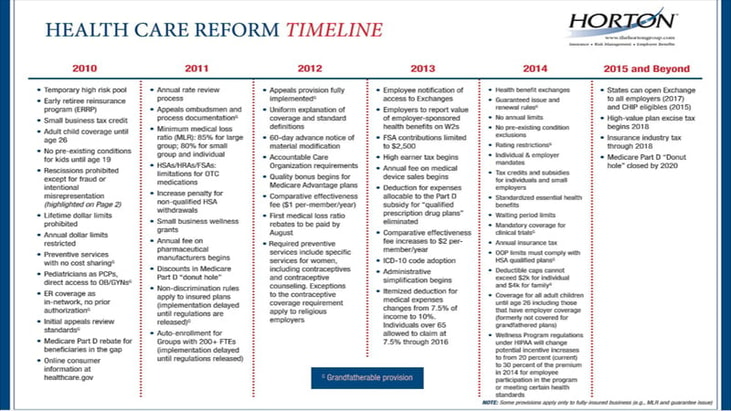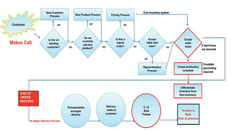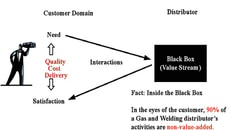Healthcare Reform Remains Intact: What Does This Mean to You?
On June 28th, 2012, the United States Supreme Court decided in a 5 to 4 decision that The Patient Protection and Affordable Care Act (PPACA) was constitutional. At the heart of that decision was the individual mandate— the requirement that most individuals must purchase health insurance or pay a penalty starting in 2014. Although the mandate did not pass the test with regard to Congress’ authority to regulate interstate commerce, it did pass as a tax, or a ‘shared responsibility payment’ that Congress could impose through its taxing power.
The idea behind this law, in general, is to increase the accessibility and decrease the costs associated with finding and purchasing healthcare coverage. The theory behind the individual mandate is that by “encouraging” (through a penalty/tax) the currently uninsured population to start buying health insurance, we’ll all be better off. There will be more people buying into the system, which means more premium dollars in the system, which means people will be even more invested in their own health and wellbeing, resulting in cheaper healthcare for all … Right?
An Overview
Regardless of your political leanings or your thoughts and opinions on the viability of the individual mandate or PPACA in its entirety, the highest court of the United States has spoken—the law will remain. We must move forward, and we must be prepared to address what this means for you, the business owner, the member of an employer-sponsored health plan, or the individual who purchases insurance on his/her own.
PPACA started in 2010 and has had a number of provisions already take effect. As you can see in the Health Care Reform Timeline, the past two years have included a myriad of changes to the health insurance world—most notably: adult child coverage to age 26, small business tax credits, lifetime dollar limits removed, preventative services covered with no cost sharing, minimum medical loss ratios, and some changes to Medicare Part D (prescription drug coverage). Moving forward, there are also a number of provisions that employers and group plan members will notice. PPACA is requiring employers and health insurance companies to make insurance more understandable. There are provisions in place that will require businesses to supply their employees with a glossary of insurance terms and examples of how to use them (e.g. If I need procedure “x”, what can I expect to spend in copays, deductible expenses, and out-of-pocket expenses).
... to continue reading you must be subscribed























